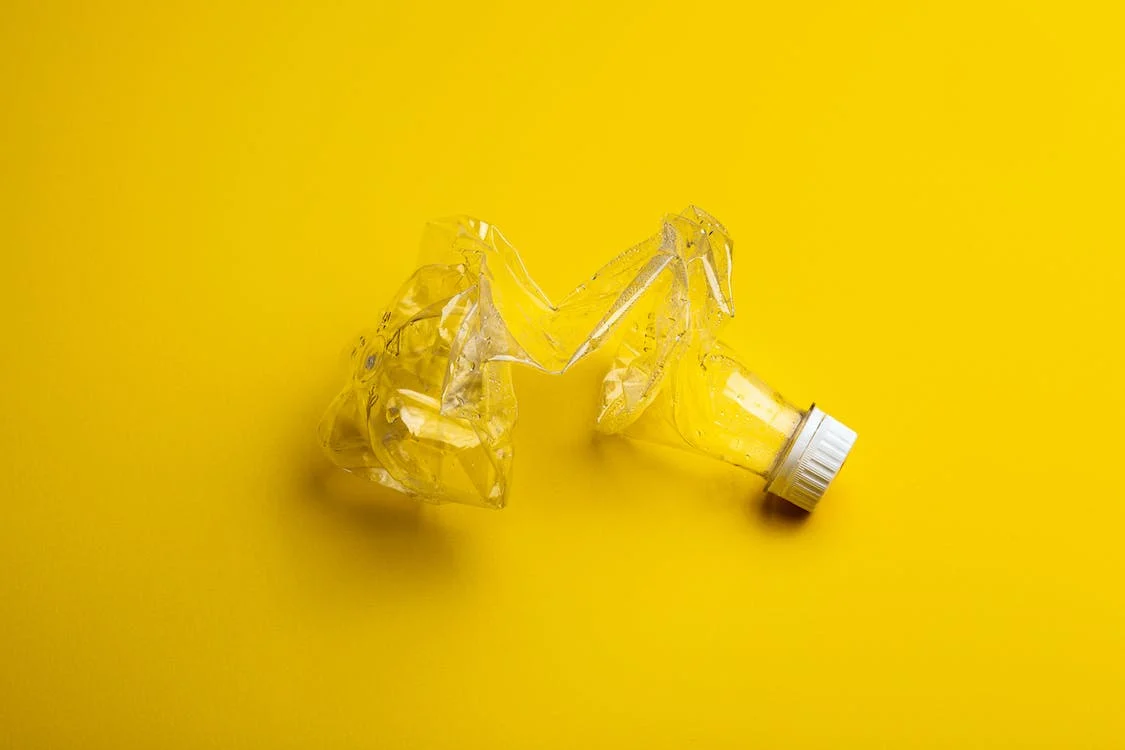We are aware of the situation that our planet is going through right now. Everyone is trying their best to reduce wastage and minimise their carbon footprints. This is where eco-friendly products come in. Eco-friendly products are sustainable and not harmful to the environment. But are they worth it? Here we are comparing traditional products and their eco-friendly alternatives, so you can decide for yourselves.
1. Kettle or boiling water taps?
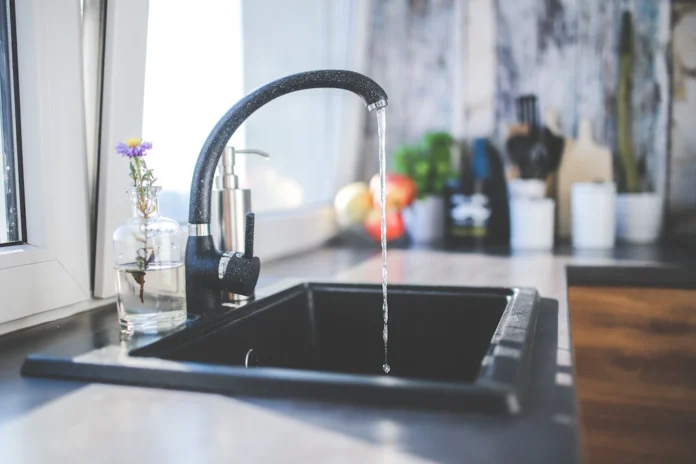
If you are a coffee or tea person, you have obviously used a kettle for a long time. When you need electricity or a stovetop to boil water in a kettle, boiling water taps are more hassle-free. They are money-saving as reduce water wastage and energy wastage. Most people are concerned about hot water taps because they can seem unsafe, especially if you have children. But most hot water taps come with two features – cold and warm water. And a brass hot water tap can make your kitchen look sleek and elegant. Hot water taps can seem like a huge cost, but it is something worth the investment.
2. Plastic wrap or Beeswax wrap?
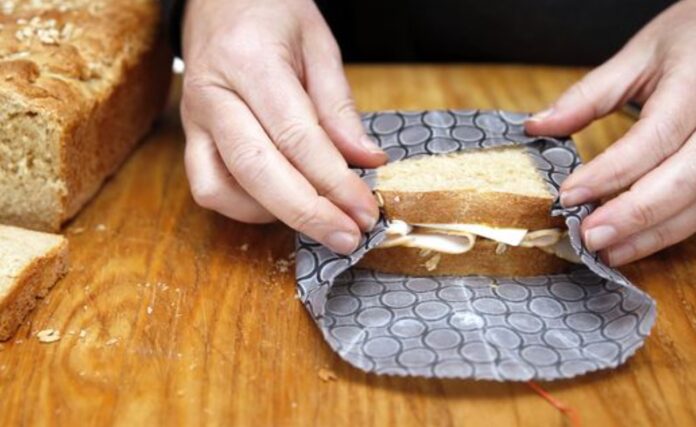
Beeswax wraps took over social media a few years ago. We all know that plastic is like a slow poison for our planet. Plastic wraps are commonly used in kitchens to store leftover food. They do keep the foods fresh for a long time and seem convenient, but they are harmful to our health. Beeswax wraps were introduced to us as a healthy and eco-friendly alternative to plastic wraps. They are organically sourced, reusable and biodegradable. If you invest in a quality beeswax wrap, you can use it for more than two years.
3. Plastic toothbrush or bamboo toothbrush?
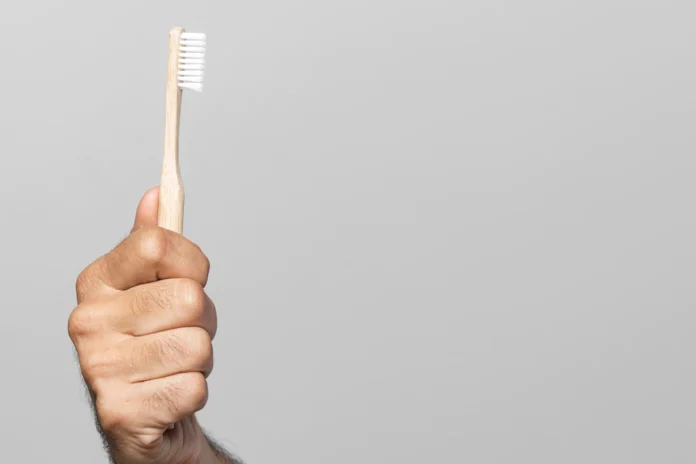
Like the rest of us, you also have used plastic toothbrushes. They are made from polypropylene and the bristles are made from nylon. Both ingredients are non-biodegradable and they are made from non-renewable energy sources. But bamboo toothbrushes are sustainable and naturally sourced. A plastic toothbrush takes more than a thousand years to decompose where bamboo toothbrushes are completely biodegradable.
Do you know how many toothbrushes a person uses in a lifetime? More than 300. Now you can do the math and decide for yourself which one you are going to choose.
4. Regular showerhead or low-flow showerhead?
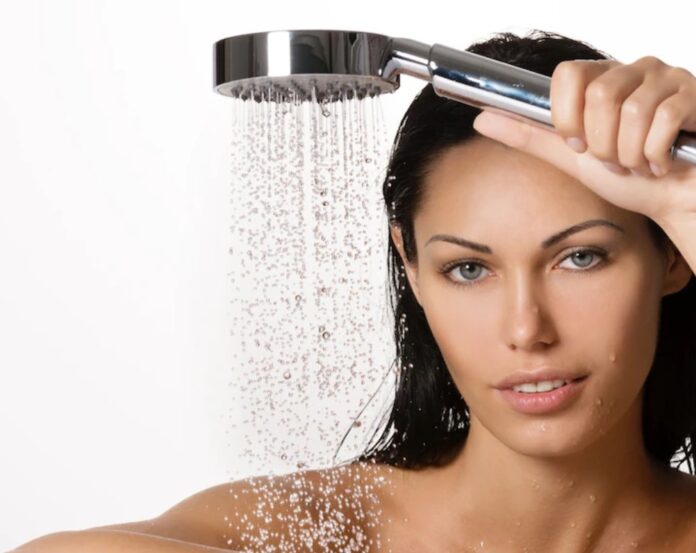
Severe drought has become a problem worldwide. For the past few years, many regions around the world are facing a shortage of drinkable and safe water. An average seven-minute shower can take up to 55 litres of water. On the other hand, a low-flow showerhead can reduce water consumption by 30%. And when you are using less water, your water heater is running for less time and saving non-renewable energy. And if you are using less electricity, you are being able to reduce your carbon footprint.
5. Regular or plastic-free toiletries?
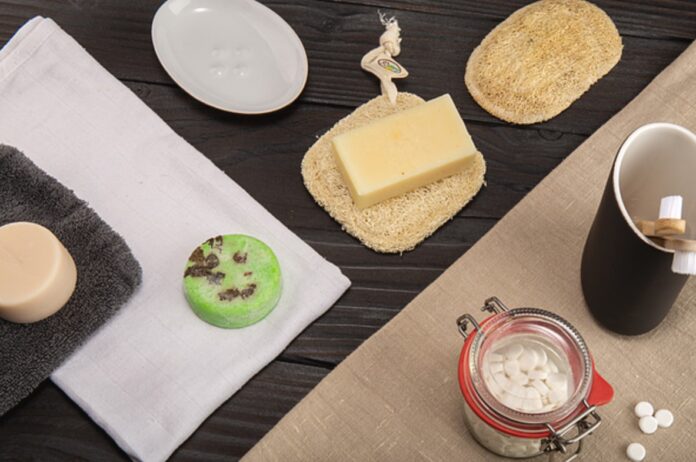
It is almost impossible to find totally waste-free toiletries or self-care products. They are usually packed in plastic bottles and jars, and no one needs to be reminded of the downsides of plastic packaging. It seems impossible to find something that is kind to the planet as well as our skin. But sustainable self-care products like shampoo or conditioner bars or the products that come in refillable bottles are better than the traditional one-time plastic packages.

